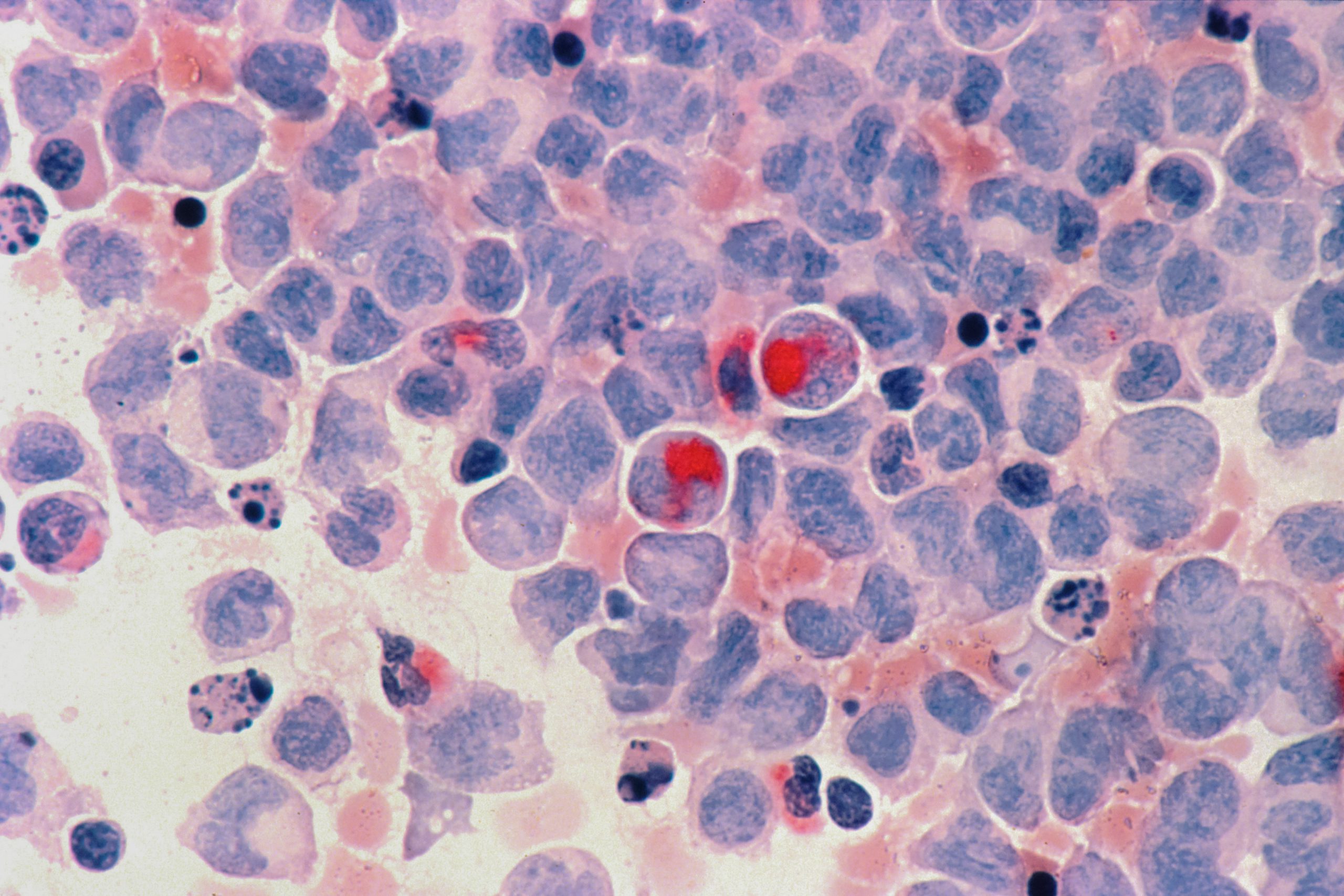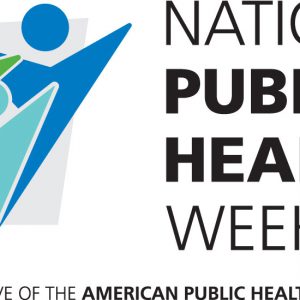Last Updated on February 6, 2020
This week is National Eating Disorders Awareness Week in the United States. Eating disorders are serious mental health issues that can lead to serious and potentially life-threatening complications. Despite being commonly associated with women, men can also develop eating disorders; studies suggest 1 in 20 people—30 million Americans—are affected by an eating disorder at some point in their lives.
There are three different conditions that we qualify as eating disorders:
-
 Anorexia Nervosa is when a person denies themselves food to the point of self-starvation in the obsessive pursuit of weight loss. People with anorexia will deny hunger and refuse to eat, and may practice binge eating and purging or exercise to the point of exhaustion. Emotional symptoms include irritability, social withdrawal, lack of emotion, fear of eating in public, and obsessions with food and exercise. Food rituals are often developed, or whole categories of food will be eliminated from the person’s diet out of fear of getting “fat”. Low food intake and inadequate nutrition causes the patient to become very thin, forcing the body to slow down to conserve energy causing many symptoms: irregularities or loss of menstruation, constipation, abdominal pain, irregular heart rhythms, low blood pressure, dehydration, and insomnia.
Anorexia Nervosa is when a person denies themselves food to the point of self-starvation in the obsessive pursuit of weight loss. People with anorexia will deny hunger and refuse to eat, and may practice binge eating and purging or exercise to the point of exhaustion. Emotional symptoms include irritability, social withdrawal, lack of emotion, fear of eating in public, and obsessions with food and exercise. Food rituals are often developed, or whole categories of food will be eliminated from the person’s diet out of fear of getting “fat”. Low food intake and inadequate nutrition causes the patient to become very thin, forcing the body to slow down to conserve energy causing many symptoms: irregularities or loss of menstruation, constipation, abdominal pain, irregular heart rhythms, low blood pressure, dehydration, and insomnia.
-
Bulimia Nervosa is typically characterized with binge eating followed by purging through forced vomiting, abusing laxatives, or excessive exercise. The person will feel out of control when eating large amounts over short periods of time followed by desperately trying to rid themselves of extra calories. People with bulimia may appear physically healthier than someone with anorexia but often suffer from low self-esteem overly linked with body image, feeling out of control, guilty, or shameful about eating and withdrawal from friends and family. Binging and purging can severely harm teeth and stomach tissues. Excessive purging can lead to dehydration that affect the body’s electrolytes and leads to cardiac arrhythmias, heart failure, and can be fatal.
-
Binge Eating Disorder (BED) is when a person eats a very large amount of food in a short period of time, possibly when they weren’t hungry or even uncomfortably full. People with BED often feel embarrassed, disgusted, depressed, or guilty about their behavior. Binge Eating Disorder does not include purging as someone with anorexia or bulimia might. People with binge eating disorder may range anywhere from normal weight to obese.
Eating disorders are complex conditions that are still being learned about. Many people who suffer from them have underlying mental illness or are otherwise coping with overwhelming feelings and painful emotions. Unfortunately, the methods of coping with eating disorders only damage the person’s physical and emotional health more, furthering lowering self-esteem and sense of control.
People with siblings or parents with an eating disorder have shown to be at higher risk of developing an eating disorder themselves. Cultural pressures found in popular culture, peer pressure among young people, and overall emotional health can all contribute to the development of these dangerous behaviors. Times of change in one’s life such as going to college, starting a new job, or getting divorced can be a stressor towards developing an eating disorder. Eating disorders are especially common among certain athletes such as gymnasts, runners, wrestlers, and dancers.
Diagnosing an eating disorder can be difficult, especially if the person suffering is resistant to help. If an eating disorder is suspected, a doctor will usually perform a physical exam, conduct an interview and order lab tests along with a mental health professional’s evaluation. In cases where eating disorders are a sign of a larger mental health condition, identifying and addressing them with comprehensive treatment helps ensure a lasting recovery. Treatments for mental health disorders can vary widely, though psychotherapy and medicine are often prescribed as well as crucial nutritional counseling and weight monitoring.
National Eating Disorder Awareness Week 2017’s theme is It’s Time to Talk About It. Eating disorders are a serious public health concern and staying silent only continues the stigma and pain of those suffering. The National Eating Disorder Association (NEDA) has a free and confidential screening for eating disorders available online. NEDA also has a toll-free helpline, crisis support via text messaging, and online chat. They even have resources for loved ones trying to navigate the challenging process of helping someone living with an eating disorder.
In a previous blog post, we outlined the resources available for major depression which can be a contributing factor to eating disorders. We also have information for over 3000 free, low-cost, or sliding-scale clinics throughout the country that offer counseling or mental health services. Search your zip code for clinics that may offer Counseling/Mental Health Services near you, or call our toll-free helpline at 1-800-503-6897 (Monday-Friday, 9am-5pm ET) for information.



